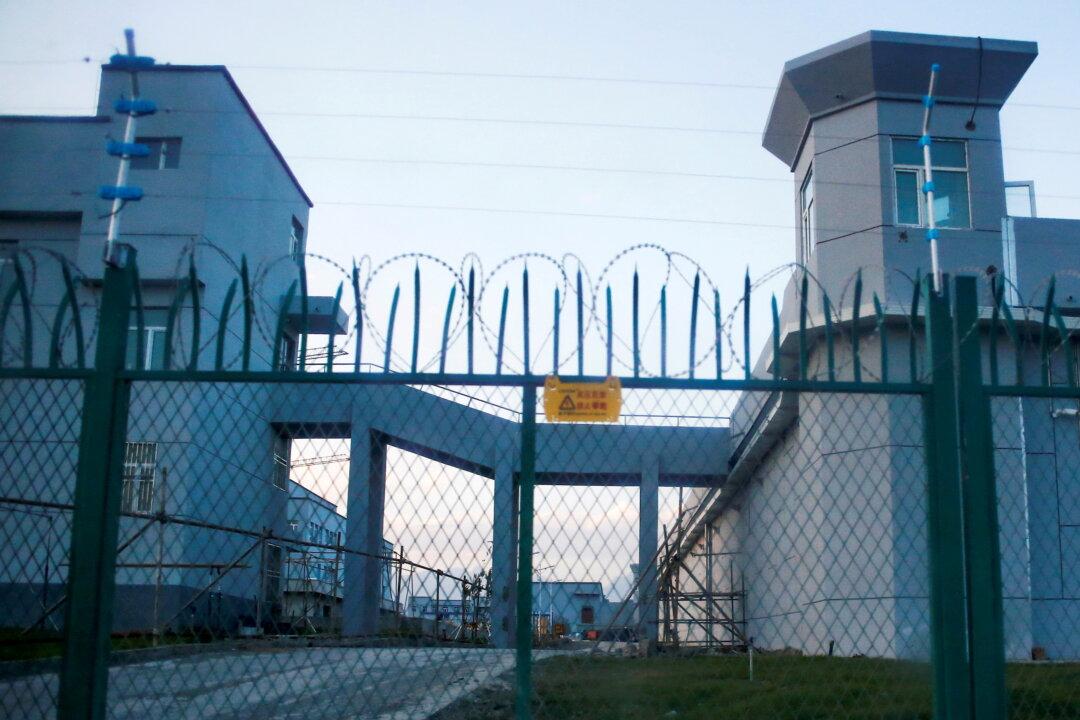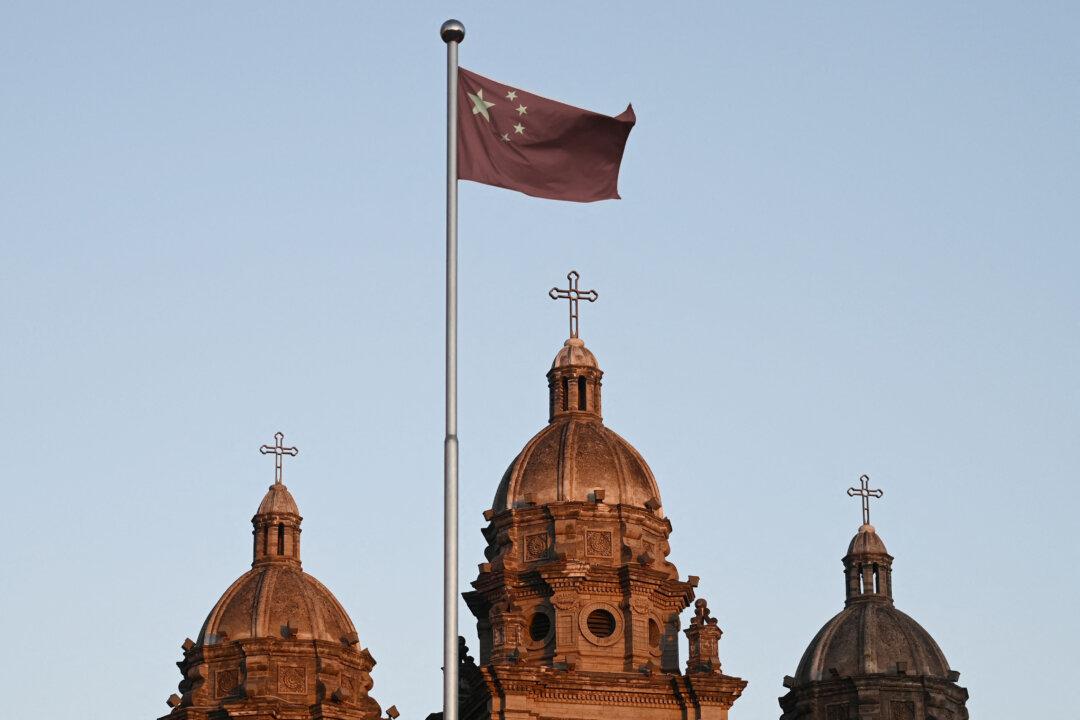Commentary
While it is true that intelligence services have a murky reputation—all that cloak and dagger stuff—in reality, what they do is not all that complicated. As to how they do it, well that is another matter. The most closely held secret within these organizations is what we call “sources and methods,” and these are critical to keep out of the public eye for, if disclosed, collection efforts are made that much more difficult.





